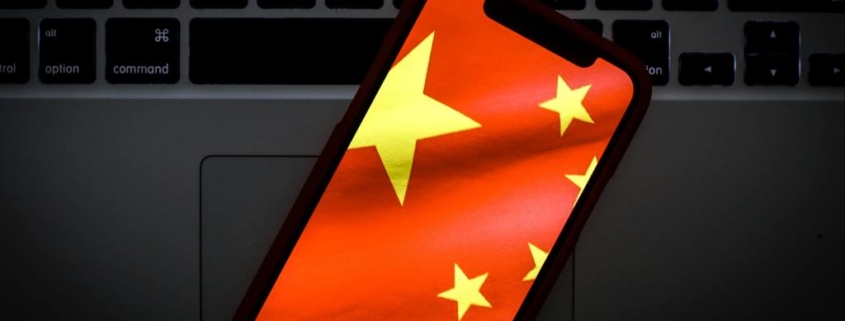Despite its obvious reputational problems, Comcast has actually been stepping up for its workers during the COVID-19 crisis, paying its employees hazard pay, allowing unnecessary personnel to work at home, and closing at least some of its retail locations.
Charter Spectrum, the nation’s second biggest cable provider, is another story entirely.
The company spent much of last week dealing with a backlash among employees who say the company is putting both its employees and local customers at risk. Charter initially refused to let employees who didn’t need to be in the company’s offices to work from home, despite having the capability. Even in instances where there were positive COVID-19 tests at Charter offices, the company still initially refused to let employees work from home. Only when the press got involved did Charter begin to bend, and even then it’s still not letting all non-essential workers work remotely.
Charter employees say they’re not getting hazard pay or adequate protective gear to do installs in customer homes. Instead, the company apparently thought it would be a good idea to give them a gift card. Not just any gift card, mind you, but a $ 25 gift card to a restaurant they probably can’t visit anyway:
“Spectrum technicians connecting cable and internet for customers during the coronavirus outbreak will receive a $ 25 gift card for a local restaurant as a “token of our appreciation” from management, after staff called for hazard pay and protective equipment.
“These gift cards never expire, so if you choose a restaurant that is currently not open, the card will remain valid for future use,” read the Monday night internal staff email from Tom Adams, the executive vice president of field operations. “Please take some time out of your busy day to enjoy a meal and recharge.”
How generous. Needless to say, employees aren’t particularly impressed:
“Would you do it for $ 25?” asked a field technician from Irwindale, California, who asked to remain anonymous, along with the other technicians quoted in this story, to protect his employment. He called Spectrum management “vultures.”
While most experts believe the internet should largely hold up under the strain of widespread COVID-19 quarantines, it’s going to be hard to keep many residential broadband connections operational with management displaying such an incredible knack for incompetence and penny pinching.
Techdirt.




